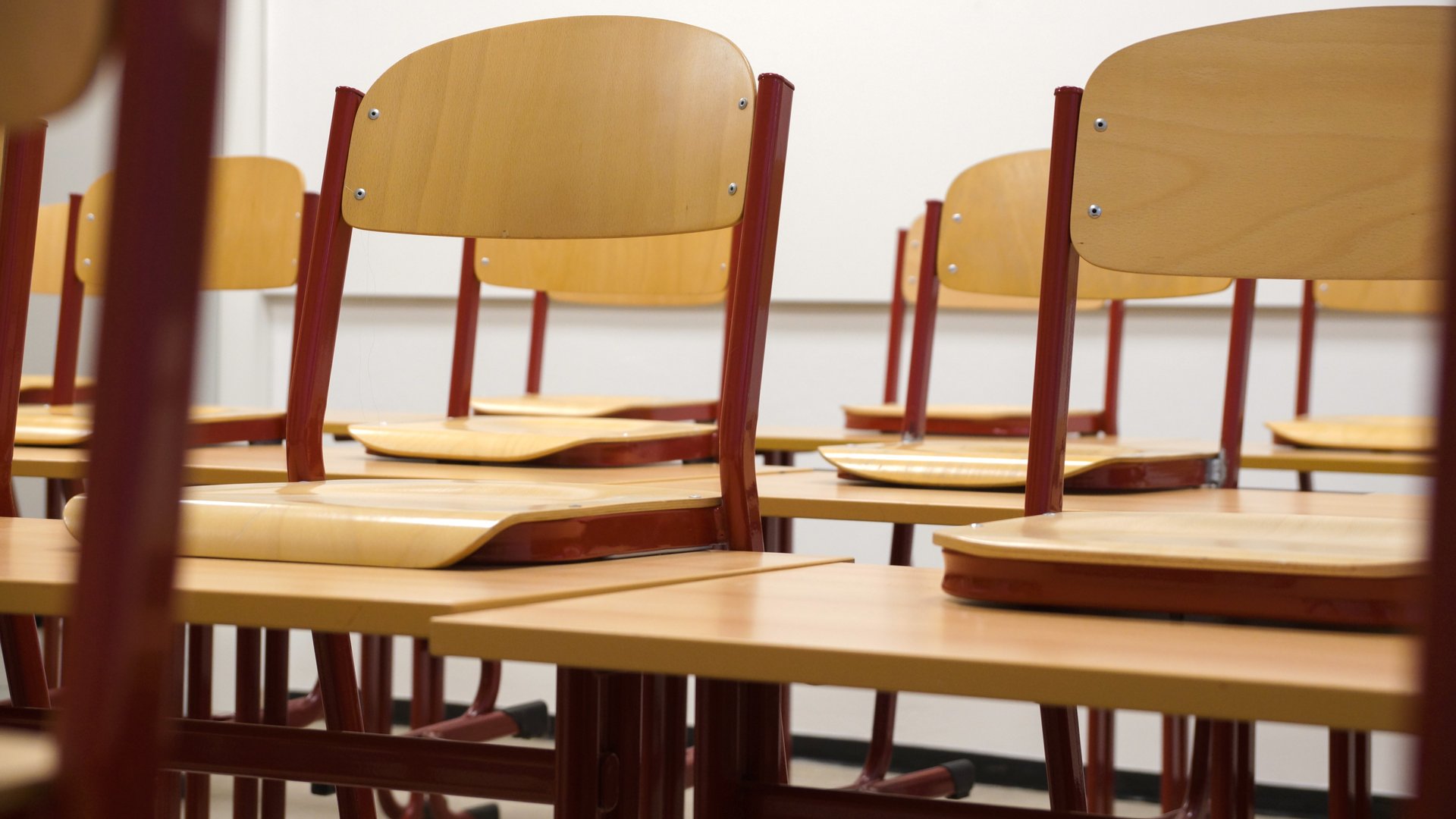The main topic of last night’s school board meeting was plans to help students whose performance in math, reading, and writing fall below the expectations of their grade level. The pandemic has led many more students to fall below these expectations this year, compared to past years.
The district plans a robust series of interventions beginning this summer and extending throughout next school year. They include an intensive summer learning academy, an after school program, summer transportation for students, a specialized diagnostic reading program, and reading intervention training for teachers. The centerpiece of the plan is hiring as many as two dozen full-time substitute teachers to provide academic support and remediation. At the elementary level, these substitutes would take the place of regular East Penn classroom teachers, freeing them to focus on interventions for students with high academic needs. At the middle- and high-school levels, these substitutes would increase the availability of remediation courses for students with high academic needs.
The estimated cost of these interventions is $2.8 million through the end of the next school year, and will be paid for using the $8.3 million in federal pandemic relief funds earmarked for East Penn. Note that these are one-time funds, so they can’t be used to permanently increase the number of district staff. Those hired as part of these interventions would have contracts that only last for one year. The district will then take stock of the impact of these interventions to see what programs may need to be extended into the following year.
The proposal is, by far, the biggest and most ambitious effort I’ve seen in East Penn to help students who are struggling in school. Superintendent Campbell opened the discussion by noting that the pandemic is the largest disruption in the history of public education, and I’m glad the district is thinking big in terms of how to address its impact.
In fact, I would like to see East Penn think even bigger. The current intervention plan only targets those who are struggling most, but students with all levels of academic performance have suffered during the pandemic, and interventions should target what these students have lost too. The current intervention plan also focuses only on math, reading, and writing, but I would like to see social studies added to this list. The pandemic has laid bare the consequences of thinking about social studies as optional or secondary in the schools. Deficits in people’s critical thinking skills, deficits in understanding what it means to be a member of a community, deficits in understanding what it means to be a citizen of a democracy, and deficits in knowledge of what history can teach us about our present lives have all caused tangible, and in some cases measurable, harm to our community. No amount of additional math or writing skills will erase these deficits; social studies is needed now more than ever. (For more on this last point, see my Why We Should Double Down on Social Studies Right Now.)
The district’s current plan is a great start that reflects an enormous amount of both effort and expertise on the part of our district teachers and administrators. I’m optimistic the plan will have a significant positive impact. I also believe it will be even more impactful if it more directly incorporates more students and more subjects.
There were lots of great questions and answers throughout the discussion of the plan. You can watch it all for yourself here.
